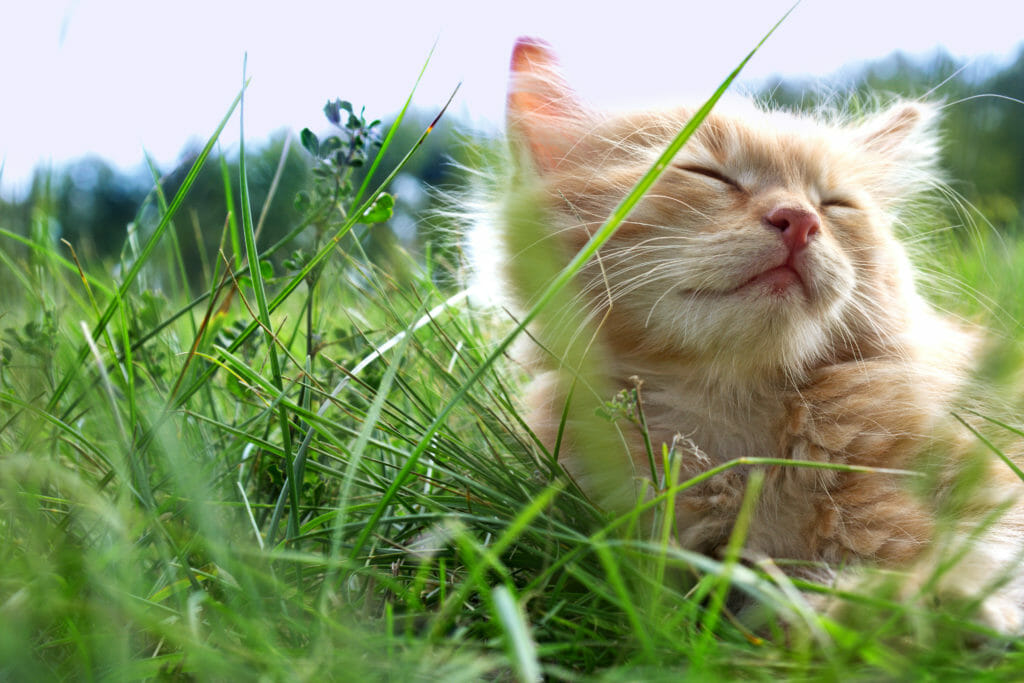Tapeworm is a commonly diagnosed parasite in both our feline and canine friends, but is more common in any outdoor cat that is prone to hunting. Often obtained by either ingesting a flea or from hunting, but can also be contracted via ingesting infected fecal matter, or contaminated water. Tapeworm resides in the small intestine of the animal and feeds on the nutrients of the food the animal is ingesting. They are a flat, segmented worm that is commonly diagnosed when segments are shed in the body and eliminated in feces. These segments can look similar to rice and sometimes are found still moving. Symptoms outside of the evidence in bowel movements would be if the animal bites or licks at their anus or scoots their hind end against the floor—this is typically a reaction to the itchiness caused from passing tapeworms.
Transmission to humans is possible, typically more for children than adults, so eliminating the problem quickly is the best course of action. Thankfully, treatment is easy to get—oral medication can be administered by a veterinarian or if prescribed by a veterinarian, can be done at home. This medication acts to eliminate any worms currently in the body. Sometimes multiple treatments are needed to cover all life stages of these parasites as they progress. There are multiple strains of tapeworm so it is important to get a decent broad-spectrum de-wormer in order to eliminate the issue effectively.
Prevention is best done by performing routine flea treatment as well as deworming year round. Keeping an animal away from contaminated areas, dead animals, garbage, and other risk factors can also help reduce the potential of them becoming infected. Although prognosis is typically good especially when acting quickly, left untreated, in extreme cases, tapeworm can cause a bowel obstruction or other serious maladies.
Written by Dartmouth Veterinary Hospital



